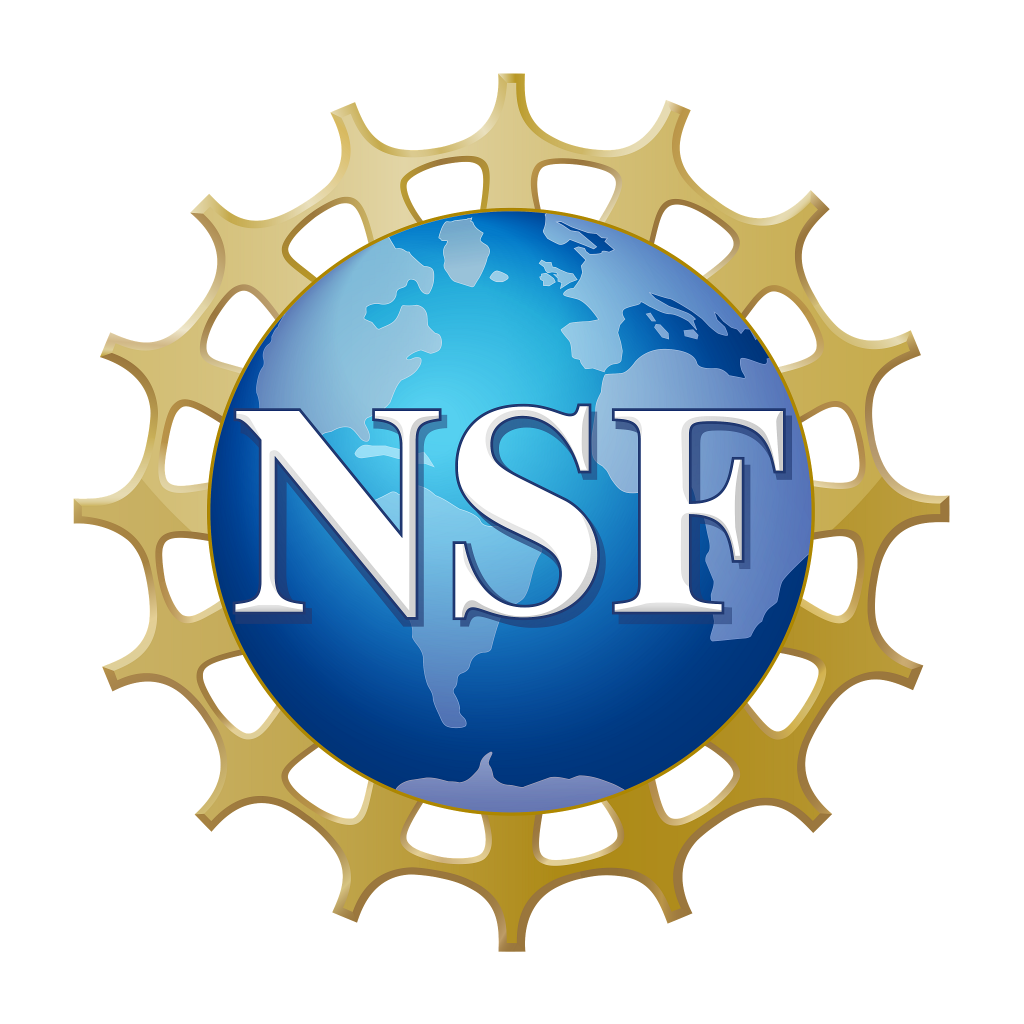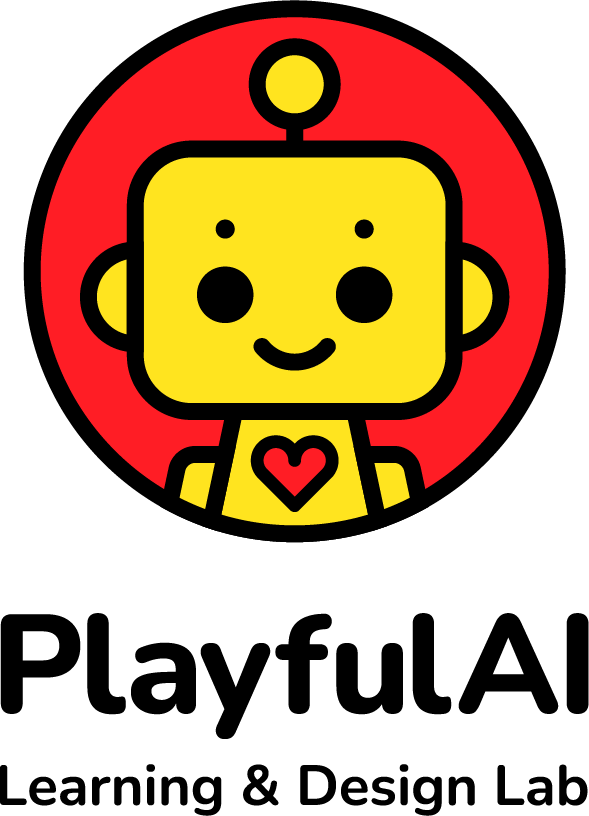AI Literacies for Young Children

This NSF funded project (Award: 2334829) project will develop an interdisciplinary framework for ECE AI learning by using the Delphi methodology, an iterative process of converging expert opinions on emerging topics. A panel of 30 experts of diverse and inclusive representation from three fields: AI, Child Development and Early Education, and Child-Computer Interaction will be recruited. These experts will explore three fundamental questions across cognitive, situated, and critical framing of AI.
- What: What are the most appropriate AI learning goals and content for young children?
- Who: What developmental advantages/constraints and equity concerns must be considered for AI learning?
- How: How can we introduce AI effectively and equitably?
The research process involves three iterative rounds of discussion, survey, and review of materials prepared and synthesized by the research team. By articulating the underlying concepts and principles of AI literacies in ECE through cognitive, situated, and critical framing and from multidisciplinary perspectives, the resulting framework will help advance our understanding of how young children can develop knowledge and skills related to AI and inform future endeavors in this area, with particular attention to individuals with special needs and cultural relevance to marginalized and underserved communities. The outcome of the project also has the potential to guide the development of age-appropriate curricula and pedagogy for young children as well as provide a basis for assessing and evaluating AI literacies in young children.

